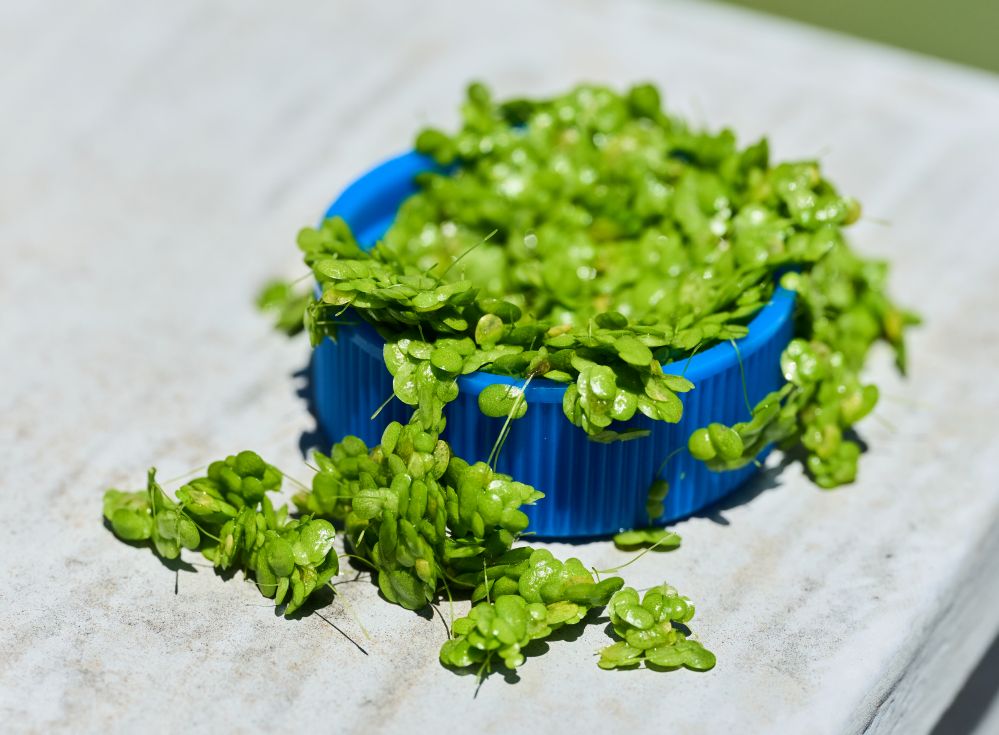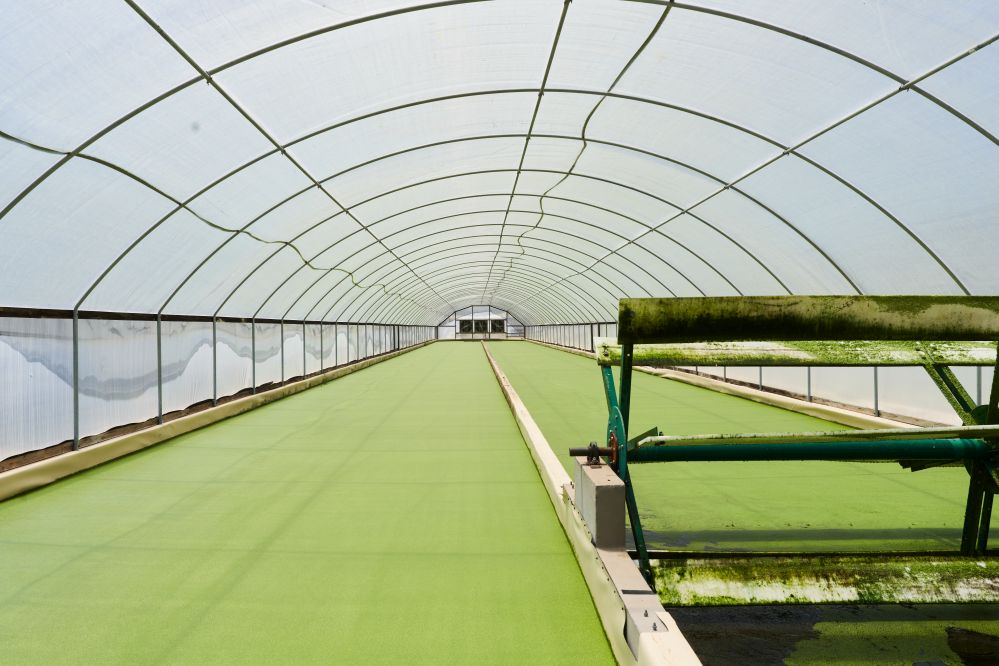Plantible—a startup extracting RuBisCO (‘Rubi protein’), a highly-functional protein from fast-growing aquatic plant lemna (duckweed)—has closed a $30 million Series B round co-led by Piva Capital and Siddhi Capital.
The round, which was also backed by new investors Betagro Ventures, Cultivate Next (the venture arm of Chipotle), Nourish Ventures (the venture arm of Griffith Foods), and existing investor Astanor Ventures, will help the San Diego-based firm scale up production at its lemna farm in Texas.
With new manufacturing facilities in place, the company is now “positioned to deliver on its multi-million-dollar offtake agreements with several large food companies” and aims to increase its revenue tenfold over the next 12 months, said CEO Tony Martens Fekini.
“We have a lot of commercial contracts already in place and we also need additional room [manufacturing capability] to attract additional agreements, so it’s really a matter of amping up production and starting to generate meaningful revenue.”
“Plantible’s highly functional protein is solving urgent food industry problems today. Their focus on superior functionality, modular scaled manufacturing, nutritional value and consumer-friendly clean labels convinced us that they have the right team, product, and approach to revolutionize the global food system.” Steven Finn, cofounder, Siddhi Capital
“Plantible’s product enhances existing ingredients and supply chains rather than simply replacing them. The ability to deliver all of that and keep a ‘clean label’ is highly attractive to clients and important to customers.” Issam Dairanieh, venture partner, Piva Capital

A complete protein with a neutral taste, odor and color
A free-floating aquatic plant that grows without pesticides and doubles in mass every 48 hours, lemna has key advantages over other plant protein sources in that it contains all the essential amino acids with a protein digestibility (PDCAAS) score of 1.0 (equivalent to animal protein). It can be harvested in open ponds similar to those in which some algae is grown commercially all year around.
Plantible has a pilot facility near San Diego that serves as its R&D hub, and a larger-scale lemna farm and processing facility in Eldorado, Texas, where it extracts Rubi protein from lemna via a mechanical process that removes chlorophyll and other components, leaving a complete protein with a neutral taste, odor and color.
In the US, it is self-GRAS (Generally Recognized as Safe) and can be listed on ingredient labels as ‘lemna leaf protein.’
Rubi protein: Plant-based protein with functional properties akin to animal proteins
While Plantible is building a sustainable agriculture platform and is often described as an ‘alt protein’ startup, the attraction of Rubi protein for most food companies is less about going ‘plant-based’ or ‘green’ than tapping into its unique functional properties, Martens Fekini told AgFunderNews.
“People in this space need to focus on the value propositions that consumers really care about, whether it’s health and wellbeing, or just making something that’s super tasty, delicious, and affordable.”
With vegan credentials, but functional properties akin to animal proteins (emulsifying, gelation, binding) at low inclusion rates, Rubi Protein is attracting interest in baked goods, condiments, meat alternatives, plant-based dairy products, and sports and adult nutrition products, he said.
“Reduction or replacement of eggs remains a very hot topic in the food industry [with egg prices and availability YoYo-ing with every avian flu outbreak], and there’s a huge drive to remove eggs that has nothing to do with sustainability. There’s also more demand for allergen-friendly products [egg is one of the allergens that must be listed on food labels in the US and several other markets].”
He added: “Rubisco often outperforms the animal, synthetic, or plant-based ingredients being used today, so our customers can actually realize an optimization in their cost in use. We also believe it has efficacy across other industries [beyond food].”
Investment climate
The fact Plantible has secured long-term offtake agreements and is able to scale in a modular fashion –scaling out rather than scaling up with proven tech—has helped build trust with investors, claimed Martens Fekini.
That said, “There is quite some paralysis in the venture capital space when it comes to deploying anything in foodtech or agtech at the moment,” he claimed.
“A lot of people that came into the space didn’t understand the dynamics of the food market, got their fingers burned, and then asked, why would I invest again? Where are all the success stories that you can point me to?”
>Below: Martens Fekini shares the origins story at Plantible in this video with AgFunderNews recorded in early 2023…





